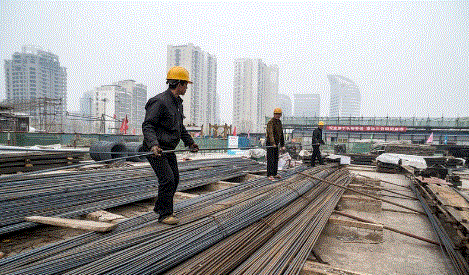Chinese futures rallied toward the end of the trading close, on higher construction steel demand and tighter inventory.
The most-actively traded iron ore futures on the Dalian Commodity Exchange (DCE), for September delivery, jumped by 6.44% day-on-day to RMB 752 per tonne on Friday.
Following the rally, the steel rebar contract on the Shanghai Futures Exchange also spiked up by 2.49% day-on-day to RMB 3,579 per tonne.
Vale’s Itabira mine to close due to COVID-19
Market concerns over the COVID 19 that resulted in lower iron ore supply in Brazil may not be so unfounded afterall.
According to trade sources, around 200 workers were tested positive for COVID-19 in Vale’s Itabira mining complex. Trade union leaders were heard to ask for the mine closure before the virus affected more workers.
However, Vale had not commented on the events but market specification were rife due to rising number of coronavirus cases in the country, which amounted to 439,000 cases, second only to the US at 1.76 million confirmed cases.
Previously, Vale had temporarily suspended operations at Itabira complex due to safety concerns over its dam in late Oct 2019, which was believed to impact around 1.2 million tonnes of production for the fiscal year.
Earlier in the year, Vale had also cut guidance for iron ore fines and pellet sales in 2020 to 310 million-330 million mt, down 8% from previous target of 340 million-355 million mt, due to rainy season that disrupt supply and logistics.
Construction steel leading the pack, while woes to carmakers
Tangshan billet prices rose higher on Friday, up RMB 30 to RMB 3,280 per tonne, the highest since mid-Feb this year, signifying good construction demand in China.
Outside of China’s booming construction activities, things are gloomier as carmakers in Southeast Asia (SEA) and even Japan began to reduce their automobiles prodctions.
Thailand, the leading carmakers in SEA predicted a vehicle production drop of 33.8% to 1.33 million units, and this figure was even lower to 1 million units or a fall of 50.2% if the pandemic prolongs throughout the year.
Likewise, Japan’s Nissan planned to cut its global vehicle production by 20% to 5.4 million units a year by the end of its 2023-24 fiscal year (April-March), shutting down its production plants in Indonesia and Spain as a result.
